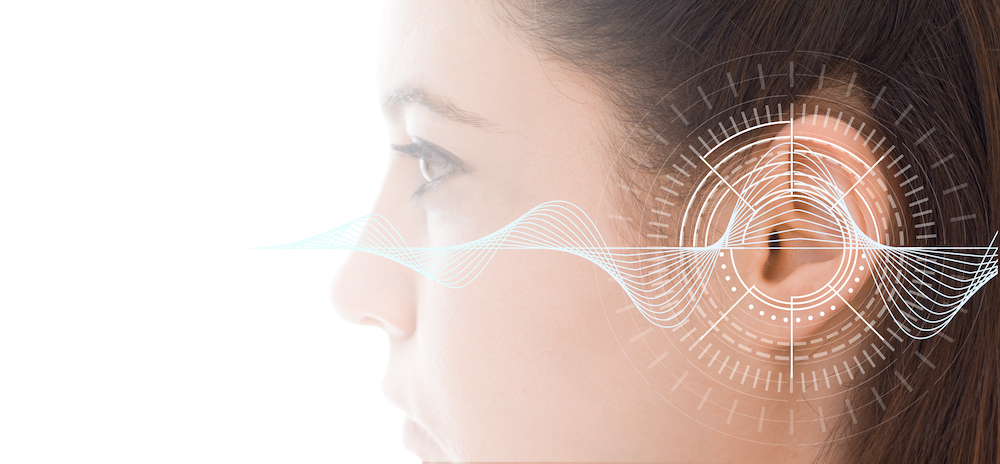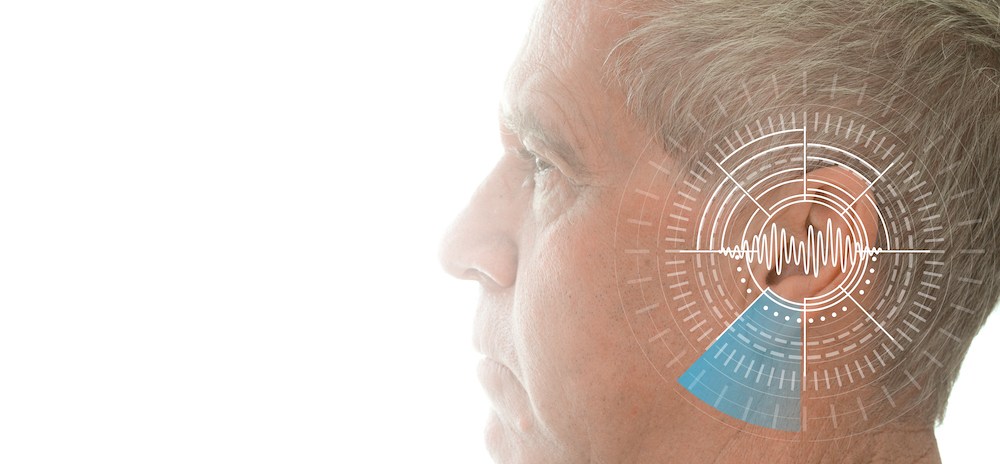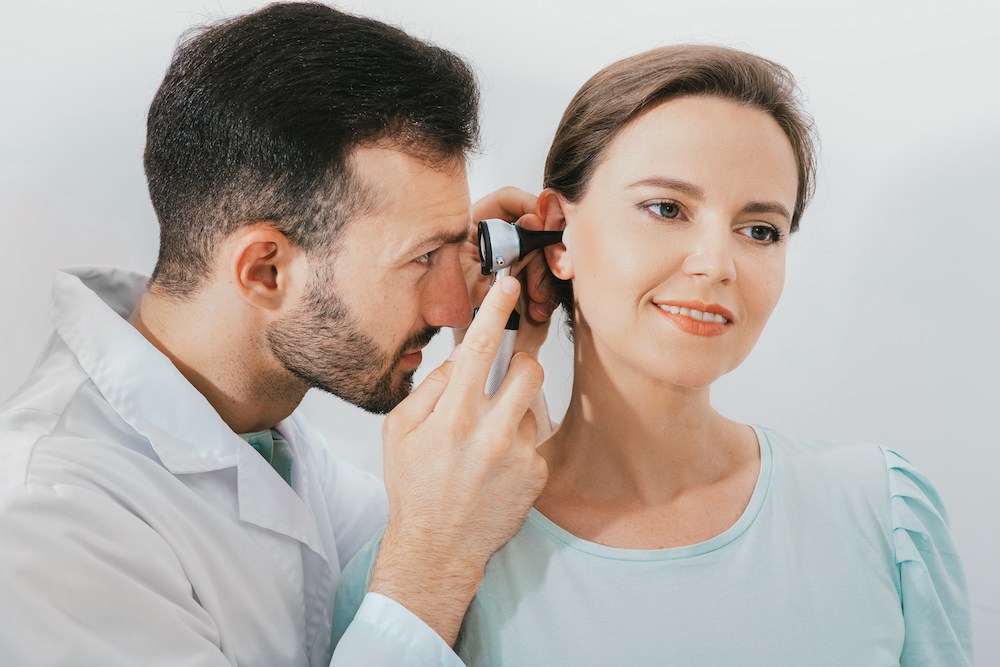The Effects of Cold and Dry Air on Tinnitus
Winter’s chill can bring about changes in your tinnitus. This common
We’re excited to welcome Dr. Joseph R. Weisberger to our practice beginning October 1st, 2023! Learn More

By: admin | August 24, 2021
In the world of hearing loss, there are many different types and causes. A common hearing loss cause is hereditary. Hereditary hearing loss can cause several types of hearing loss, one being reverse-slope hearing loss. Here is an overview on reverse-slope hearing loss – what it is, what causes it, and how it's diagnosed & treated.
Most forms of hearing loss are high-frequency hearing loss, which means it is difficult to hear high pitch sounds. Reverse-slope hearing loss is the opposite of that and those who experience it have trouble hearing low-frequency noises. For instance, those who experience reverse-slope hearing loss find it difficult to hear low sounds such as male voices and humming.
Reverse-slope hearing loss is often shortened and referred to as reverse-slope hearing loss. It is a rare type of hearing loss. Reverse-slope hearing loss affects around one in every 12,000 hearing loss cases.
The reason for it being called reverse-slope is due to the way it is reflected on the audiogram chart. The hearing loss is a reverse ski slope shape, which is the opposite of high-frequency hearing loss.
When a person experiences reverse-slope hearing loss, it is often difficult to detect. For instance, they may not be turning up the television or have difficulty hearing most common noises. Thus, it can often go undiagnosed and can continue to affect a person’s quality of life for a long time.
There are several causes of reverse-slope hearing loss. The common cause is hereditary and caused by a dominant gene. Or it can occur after a childhood illness. Seeing as it is often left undetected, some people may live with reverse-slope hearing loss for years before getting it treated.
Other causes of reverse-slope hearing loss include:
Both of these issues can cause hearing loss, dizziness and tinnitus.
Many of those who experience reverse-slope hearing loss leave it undiagnosed for years due to minor signs. As hearing loss is often associated with the inability of picking up high-frequency sounds, people that experience loss of low-frequency sounds may not recognize the issue as hearing loss.
Unlike common types of hearing loss, reverse-slope hearing loss is often detected with a special assessment performed by an audiologist. The audiologist will look for the following symptoms:
For those who experience low-frequency hearing issues, such as losing the ability to hear males voices, bass noises and humming, it may be a sign that you are experiencing reverse-slope hearing loss. If so, you must seek help from an audiologist as soon as possible to seek the right treatment.
Speaking of treatments, it is necessary for reverse-slope hearing loss. Without treatment, the loss of hearing low sounds such as incoming cars may hinder your safety. The most effective treatment for reverse-slope hearing loss is hearing aids.
These will help you adjust your sound sensitivity and allow you to hear all pitches. Due to the rarity of this type of hearing loss, it can take some time to achieve the perfect sound amplification. But an audiologist will ensure to help you attain the best quality of hearing.
For those that experience reverse-slope hearing loss due to a disease such as Meniere’s, you will need to preserve your hearing. A doctor will often prescribe you specific treatments to aid with this.
Seeing as the sound frequency needs of reverse-slope hearing loss differs from those who experience high-frequency loss, the hearing aid needs will be different. For optimal results, the audiologist may likely offer a digital, multichannel and nonlinear setup. This enables various pitches to be amplified.
Although low-frequency amplification may be preferred, those who experience reverse-slope hearing loss may have different needs. Thus, various settings may be necessary to get the perfect sound amplification.
Whichever hearing aid you are offered, you may require ease of customization. Thus, you will be fitted with hearing aids that allow you to easily adjust the frequency. Many high-tech hearing aids allow digital connection to your mobile device, which will allow you to adjust the settings on the go and without taking the hearing aids off.
For more information or to learn more about Atlantic Audiology and call us today at: (401) 262-0170.

Winter’s chill can bring about changes in your tinnitus. This common
By: admin | January 31, 2024

When it comes to hearing tests, it’s important to be aware of the
By: admin | December 28, 2023

In a world that appears to amplify its noise levels daily, from blaring
By: admin | November 25, 2023
